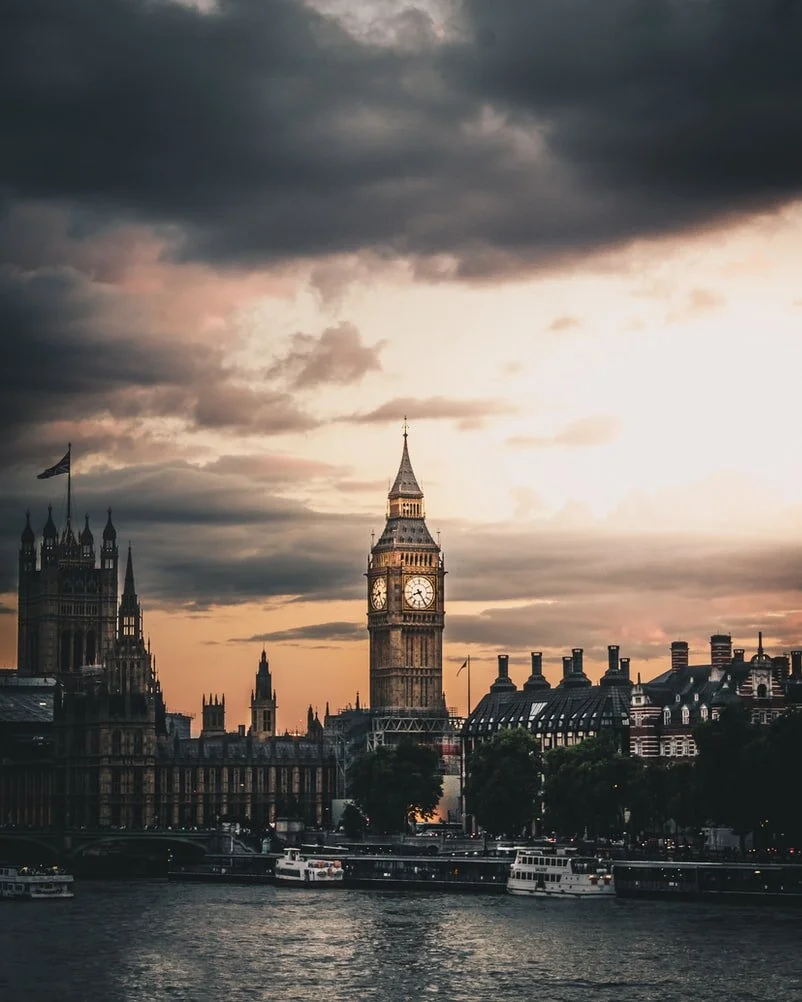"But Have You Tried Losing Weight?": Being Fat And Going To The Doctor
I went to the doctor, explaining that I'd lost a large amount of weight in a short space of time, and that I was having obsessive thoughts about exercise and calorie control. 'That's good that you're losing weight,' he said. He told me my BMI still had me classified as obese, so to keep going because it would make me healthier. He sent me away. I spiralled, and I shrunk further, but was still too fat to ever be diagnosed in his eyes. It took 11 years before I got a formal bulimia diagnosis.
I went to the doctor, seeing if he could treat me for my horrific backache. “You could do with losing some weight; it's a sign that your back can't handle the excess pressure.” I left with a vocal prescription for paracetamol and weight loss. It had nothing to do with my weight, but everything to do with the accident I had when I was 18 that left my car practically wrapped around a lamppost.
A friend went to the doctor, asking for help with her extreme anxiety which was making a massive impact on all aspects of her life: personal, social, professional. “But have you tried losing weight?” He asked her. She cocked her head, confused. “Well if you lose weight, you'll feel better about yourself, and then the anxiety will go.” She left with no help. Not long after, she had a breakdown.
I went to the nurse, visiting to renew my pills. As per all contraceptive check ups, I hopped on the scales. “You're very heavy,” she said, and I ignored the comment. I asked about how my periods were becoming increasingly irregular, even on the pill, and that something wasn't right. “I would suggest you lose weight because being too fat causes irregularity. Lose weight and they will be normal.” It was PCOS, an undiagnosed condition I'd lived with since I was 13.
I went to the doctor, complaining of chest pain and trouble breathing. He put it down to me being unfit, recommended some exercise and losing a few pounds. “If you work on your fitness, that'll sort it,” he said. Only months later, I suffered from lung failure and a suspected blood clot in my lung, entirely unrelated to my weight.
How many people existing in fat bodies has had to put up with this once, twice, multiple, times when they go and visit their GP? Their fatness — something that can't be hidden — immediately judged as the reason for their visit. We go to the doctors because we feel ill, because we want their help, because we trust their expertise. Yet, on many occasions, we can leave the doctors feeling worse than we felt than when we went in, but not because we're more ill. We leave feeling disappointed, ashamed of our bodies, and totally rejected by the system that supposedly in place to help everyone. The medical industry's fat bias has had a clear trickle-down effect into the medical care that we have primary access to, and a trip to the GP for even the smallest thing can be a big deal for people living in a larger body.
It makes you wonder what it takes for a doctor to sit up and listen without looking at the size of your body or making you jump on the scales first. Sometimes they weigh you just so they can pinpoint it on your fatness in an attempt to make it look like they didn’t think you were fat before they saw how much you weighed. If you do go on the scales at your doctor’s request, you stand with baited breath as you wait for them to tell you that you’re fat and you need to lose weight. Honestly, one time I got weighed after going in to ask for a repeat prescription of migraine medication. Essentially, I was weighed for a fucking headache. I laugh, but this is an unfair reality for many.
There's a recurrent theme in medicine that a smaller body equals a healthier body, and that weight loss is the answer to a large majority of illnesses and conditions. If this were true, why are all people of what doctors will refer to as a 'healthy' weight not the embodiment of health? Does being fat mean you're not worthy of the same help as someone slimmer? Of course not, you'd say. But if you haven't experienced the reality of being fat, you might not realise that even these kinds of circumstances differ to the experiences of those with thin privilege. Why should ‘lose a few pounds’ be a fat person’s first prescription when someone in a smaller body showing the same symptoms would immediately be given medication, or even a referral for further care?
I don't know whether in some cases it's because they don't know what's wrong, or if they just don't give a shit. Or maybe, it might just be that their head's shoved that far up their arse that they genuinely believe that the fat on one's body is the root of all ill health and is the definite cause.
Now, this article isn’t about arguing the science and the studies obesity and disease (so don't @ me), nor is it about 'glorifying' obesity (*yawn*). It’s about the principle of a fat person, just like any other person, being deserving of walking into a doctor’s office and feeling safe and listened to, rather than feeling like the doctor is looking at their fatness as the only possible cause for any or all of their symptoms. If a person felt so uncomfortable around doctors that they avoided attending even for the most serious of health concerns, and that ultimately lead to a lesser quality of life, or even their own death, the health system would be the first to point the finger at the patient. The victim. Their fault. But why should it be that these people live so scared to visit their own GP that they'd risk their lives in such a way...and then get the blame?! This actually happens. The problem isn't the person, that's for sure.
If you're one for mid-morning talk shows, you've likely seen a medical professional or 'expert' at some point in your lifetime who has said something along the lines of the following: obese people are a strain on the health system, or, obesity is the worst disease of all, SAVE YOURSELVES!!! Following on from those wondrous words from the white guy (because they're almost always white guys), how many fat people have immediately 'seen the light' and from there on out devoted their lives to 'save themselves' and get down to a lower weight? Yeah, exactly, practically none — well, none that weren't already trapped by that ideology already. Saying things like 'the obesity epidemic' is not an effective method for avoiding obesity, rather, it stigmatises it. It makes people who are obese have an even harder time than society already gives them.
Yes, it is a blanket statement (#notalldoctors), and there are lucky people out there (myself now included) who have wonderful doctors who don't make your size a deciding factor as they diagnose and prescribe. But the truth is, it is a relatable experience for so many people and it needs to stop. Bigger bodies are worthy of medical care without out being pathologised. Give them a break, give them the right care, and, above all, give them some respect.









